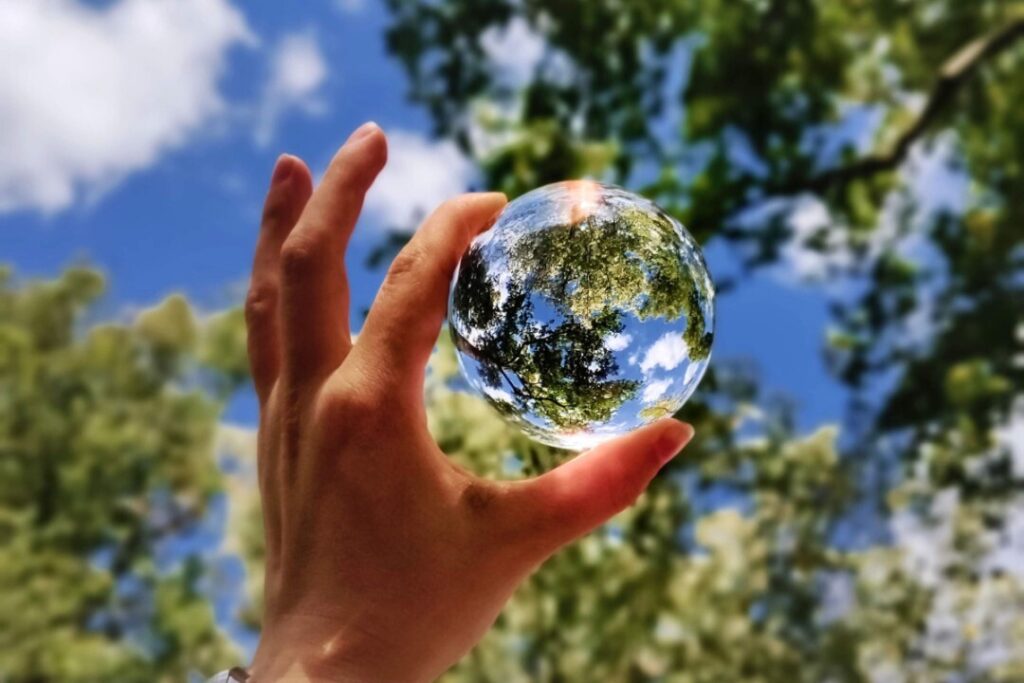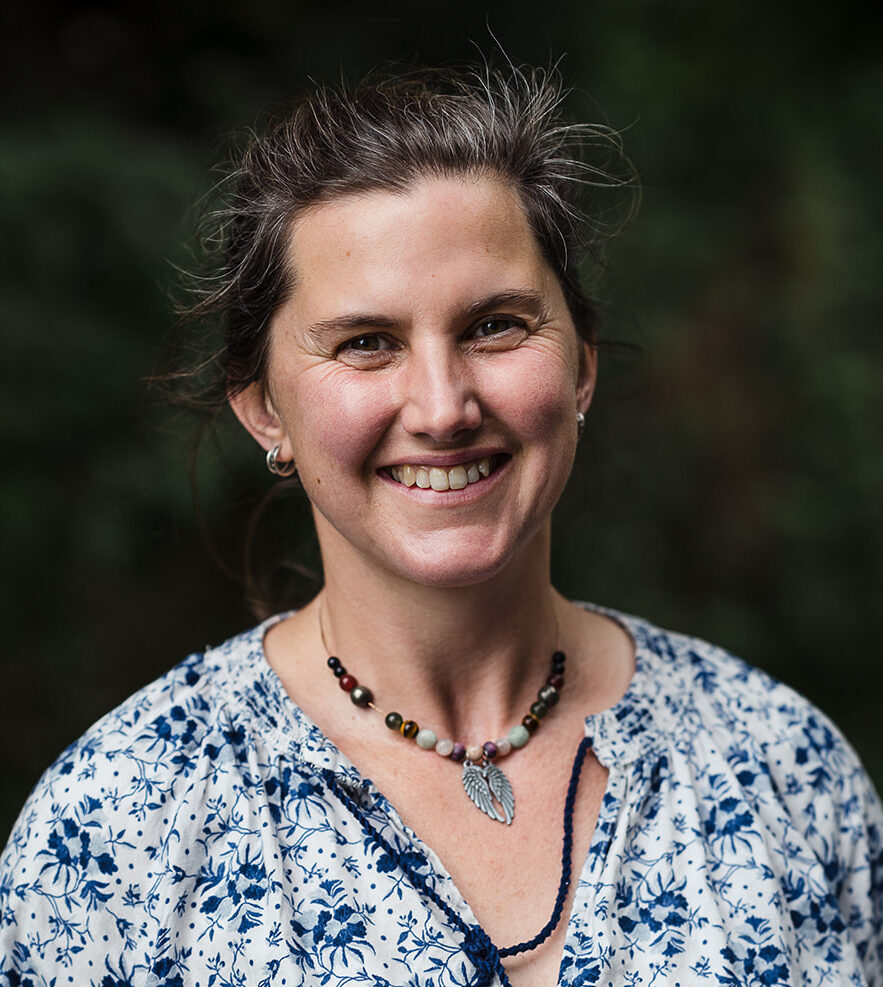by Gemma King

What is important to you? Your Career? Perhaps doing what you love, or is it family, status, passion, or the community?
People often say, “I have everything, yet I still feel like something is missing”. They often feel confused as to why they are depressed, anxious or lost.
When this happens, I ask, what is your passion? What makes you feel on top of the world, completely alive, busting with energy or on fire?
The responses I receive often relate to things or objects, such as a house, a job, a holiday, a person, or a pet. These are all extrinsic factors, meaning stuff outside of you – an external reward.
The answer I am looking for is an intrinsic one, like your meaning, an insatiable curiosity, an impossible challenge or skill you perfect – an internal reward. Something that draws you in, like a moth to a light.
Have you read James Lovelock’s GAIA theory?
Lovelock believes that the world functions as a self-regulating system. When nature is imbalanced, it introduces elements to restore equilibrium. This phenomenon is observed in our gardens, especially with the growth of weeds. I used to think that rain carried the weeds into the garden, as I could not figure out how they would appear uninvited, but I was mistaken. By understanding the characteristics and requirements of weeds, with the specific conditions of the environment in which they thrive, we can see how they complement each other. Every part of the Earth, including humans, plants, weeds, bacteria, animals, and many others, plays a role in maintaining this balance.
A town in Japan called Okinawa has drawn the attention of many researchers because it has a very long-life expectancy. One of the reasons for this is that the people in the community live according to the Ikigai and believe that the community is as strong as the weakest link and that each person has a place and purpose. Ikigai (“eeky-guy”) roughly translates to life (iki) and meaning or purpose (gai). Similar concepts to Ikigai are found in ancient traditions such as Shinto, Taoism, Buddhism, and shinrin-yoku (forest bathing and finding peace and purpose in nature). In the Greek ages, Aristotle believed in “the pursuit of eudaimonia” (human flourishing) – modern Western society is pathed from the Greeks. Psychologist Mihaly Csikszentmihalyi, a pioneer of the concept of Flow from positive psychology, shares similarities with Ikigai. Flow is a state of complete absorption in a challenging yet achievable task. I have also encountered similar concepts of purpose and community in South America, European cultures, and Iceland.
“The best moments in our lives are not the passive, receptive, relaxing times . . . The best moments usually occur if a person’s body or mind is stretched to its limits in a voluntary effort to accomplish something difficult and worthwhile”- Mihaly Csikszentmihalyi.
Imagine doing something every day that lights up your heart and has value. A place where there is no retirement because work is not just something you do to fill a space but rather something that completes you and your surroundings.
I believe everyone has a unique role and purpose in life. If we each flourished as our true heart centre, we would all be able to live together with appreciation and harmony rather than jealousy and judgment. We would live with nature in a balanced rather than separated way.
It is a possibility that we all live each day feeling alive and energetic whilst adding value and purpose. People who “get” to live a life of feeling alive are often represented in movies or social media in a dramatic story or as “Hero’s Journey.” However, it doesn’t have to be grandiose or larger-than-life. In reality, the people who make the most significant impact often focus on the “regular” everyday things.
Viktor Frankl, a concentration camp survivor, believed that having a sense of purpose and contributing value enables us to face any challenge.
How would we be able to face any challenge? When you possess a strong sense of purpose and belonging, your confidence becomes so robust that it can meet any challenge.
If we look at the Ikigai principles, we will see there are four elements
1) What you love
2) What you are good at
3) What the world needs
4) What you can earn for your work.
However, many say, “But what I enjoy doing will not pay my bills”.
Please do not get hooked into the fourth element because there are people who watch ants all day for a living, who talk to and conduct experiments with plants, who sit with squirrels, who count cars or trains, who converse all day, or who sleep for science. There genuinely is no limit. It is only you that can hold you back.
“How do you explain when others are able to achieve things that seem to defy all of the assumptions?” -Simon Sinek
Why, I hear you say, would I hold myself back if I could do what I deeply loved?
That is the challenge of life. We grow up in a world that often contradicts our true selves. Our challenges involve breaking free from constraints, beliefs, expectations, doubt, and social norms.
Take the time to find your passion, your space and your needs. Research has shown how it can eliminate stress, heart disease and mental health problems.
Reevaluate your approach to life so that together we can expand and positively impact the world around us.
 I am a transformational life coach/mentor at – Don’t Stop Keep Going, and I believe in the power of self-discovery and personal transformation. Life is a journey. As challenging as life gets, it is through understanding that brings clarity. I’m here to help you understand your unique human journey. It’s your life, make it what you want it to be.
I am a transformational life coach/mentor at – Don’t Stop Keep Going, and I believe in the power of self-discovery and personal transformation. Life is a journey. As challenging as life gets, it is through understanding that brings clarity. I’m here to help you understand your unique human journey. It’s your life, make it what you want it to be.


